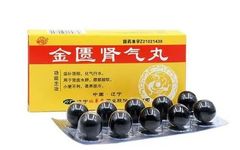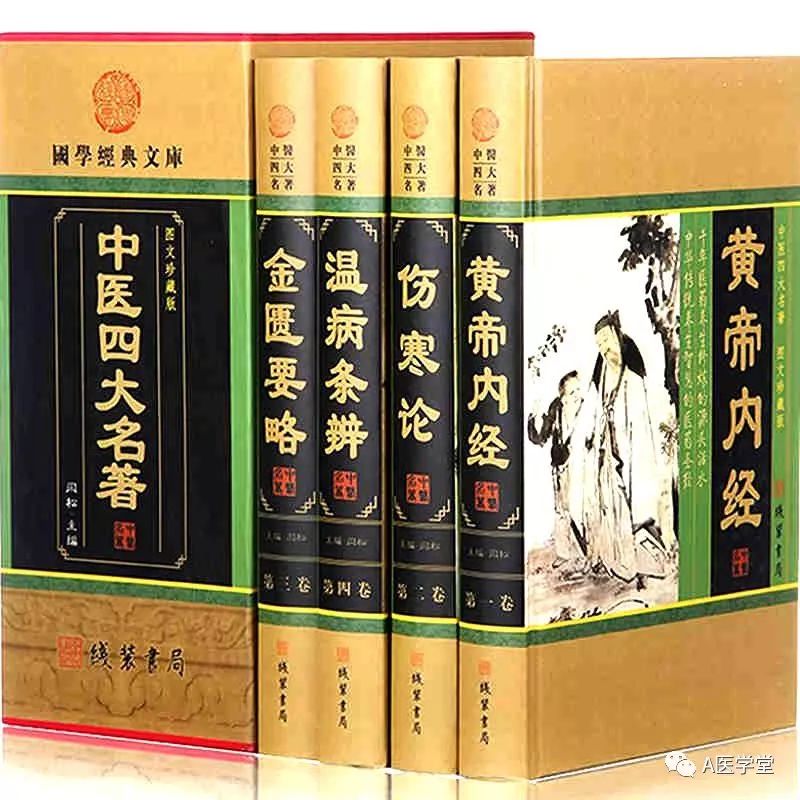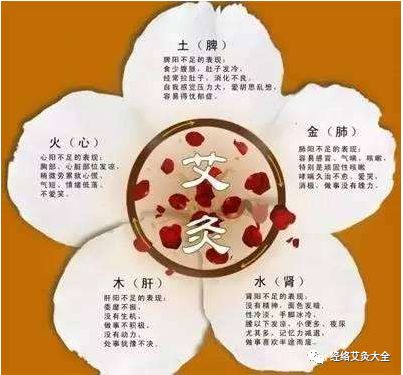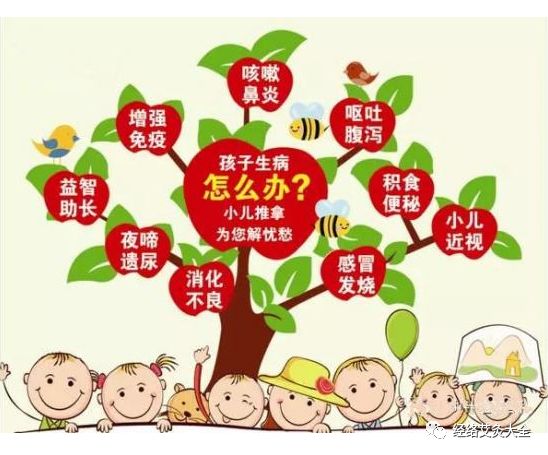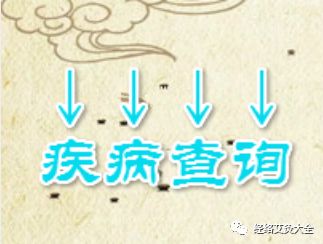|
Click the icon to view↓↓↓↓ |
|
|
|
|
|
| Four Great Classics | Traditional Chinese Medicine Moxibustion | Pediatric Tuina | Disease Inquiry |
When visiting a TCM doctor, they often mention Qi deficiency.Qi deficiency can be categorized into Heart Qi deficiency, Spleen Qi deficiency, Lung Qi deficiency, and Kidney Qi deficiency. Today, I will introduce four Qi-boosting TCM formulas.1. Yu Ping Feng GranulesYu Ping Feng Granules are suitable for those who frequently catch colds.People who are prone to colds often have Lung Qi deficiency, which may also be due to Spleen Qi deficiency, but Yu Ping Feng Granules can address both.There is a layer of Qi on the surface of the body called Wei Qi, which protects the body from external pathogens. Wei Qi is derived from the refined essence of food and is distributed throughout the body by the lungs. For those with Lung Qi deficiency, Wei Qi cannot be effectively delivered to the surface, leaving the pores unprotected and open, allowing external wind and cold pathogens to invade, leading to common colds. Additionally, individuals with Lung Qi deficiency tend to sweat easily; even slight activity can cause excessive sweating.Yu Ping Feng Granules contain Fang Feng (Siler), which can dispel wind, while Huang Qi (Astragalus) and Bai Zhu (White Atractylodes) can tonify Spleen and Lung Qi, creating a defensive layer on the surface to prevent external wind and cold from entering while retaining internal fluids.This medicine should not be taken during a cold, as Huang Qi has a protective effect that closes the pores. Taking it after catching a cold is like closing the door to an intruder; at this time, one should release the exterior and open the pores to expel the pathogens. Therefore, it should not be taken once a cold has developed.Applicable Population:Those who frequently catch colds, experience profuse sweating, or are prone to colds during seasonal changes; it can serve as a preventive measure for spring allergies.2. Bu Zhong Yi Qi Wan“Bu Zhong” refers to tonifying the Spleen and Stomach.The main characteristic of Spleen Qi deficiency is lethargy; when the Spleen is weak, it affects the limbs, leading to fatigue and a desire to lean against something. Walking becomes sluggish.Individuals with Spleen Qi deficiency may experience abdominal distension and diarrhea. Abdominal distension occurs because the Spleen struggles to transform food, while diarrhea results from the inability to retain what has been ingested.Severe Spleen Qi deficiency is termed “Qi Sinking,” which refers to the sinking of this vital energy that supports the appearance and the internal organs. As one ages, facial muscles may become slack, while children have firm and plump muscles due to sufficient blood and Qi. Once Qi is significantly depleted, the stomach, uterus, large intestine, and small intestine may also sag.According to the Huangdi Neijing, “those who sink must be lifted.” Bu Zhong Yi Qi Wan not only replenishes Qi but also lifts it.Applicable Population:Those who are easily fatigued, speak weakly, experience abdominal distension or diarrhea after eating, or have conditions such as prolapse or organ sagging.3. Sheng Mai YinSome people are lively in winter but feel extremely fatigued in summer, which is a typical sign of Heart Qi deficiency.Summer heat is closely related to the heart and can exacerbate Heart Qi deficiency. In hot summer weather, excessive sweating occurs, and sweat is considered the fluid of the heart. Sweating excessively can deplete heart blood, leading to both Qi and Yin deficiency. When the heart lacks both Qi and blood, it can cause restlessness, and individuals with Heart Qi deficiency may experience palpitations and irregular heartbeats upon examination at the hospital.At this time, Sheng Mai Yin is particularly effective.Sheng Mai Yin can tonify both Qi and Yin; Ren Shen (Ginseng) can tonify Qi, Mai Dong (Ophiopogon) can nourish Yin, and Wu Wei Zi (Schisandra) can ensure that the essence is retained without leakage, strengthening the heart vessels.Applicable Population:Those with both Qi and Yin deficiency, especially in summer when they feel lethargic, sweat easily, and experience fatigue, dry mouth, palpitations, and shortness of breath.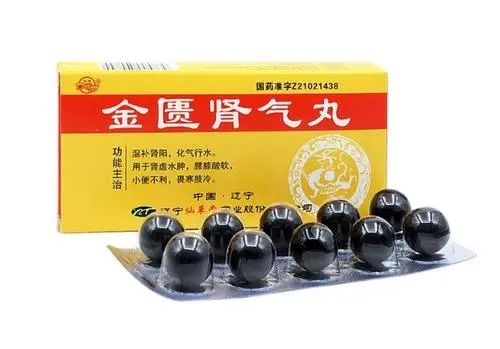 4. Jin Kui Shen Qi WanThe Jin Kui Shen Qi Wan primarily tonifies Kidney Qi.When thinking of Kidney deficiency, one often considers Kidney Yin deficiency and Kidney Yang deficiency.The most notable feature of Kidney Qi deficiency is shortness of breath or insufficient Qi. The kidneys are responsible for storage, and this function is primarily achieved through Kidney Qi. Individuals with Kidney Qi deficiency often experience symptoms of “leakage,” such as frequent urination, diarrhea, nocturnal emissions in men, and clear, copious vaginal discharge in women. The kidneys govern the bones, and those with Kidney Qi deficiency may feel weakness in the lower back and knees; the kidneys open to the ears, and individuals with Kidney Qi deficiency may experience constant ringing in the ears. The kidneys manifest in the hair, and those with Kidney Qi deficiency may experience significant hair loss.The approach to tonifying Kidney Qi and Kidney Yang is fundamentally similar; Kidney Qi deficiency and Kidney Yang deficiency share many similarities. Kidney Yang deficiency occurs on the basis of Kidney Qi deficiency, often accompanied by symptoms of cold intolerance due to invasion by cold pathogens. The treatment involves using Liu Wei Di Huang Wan to nourish Yin and combining it with Gui Zhi (Cinnamon Twig) and Fu Zi (Aconite) to tonify Yang. The dosage should not be excessive, as too much can exacerbate Qi deficiency symptoms. The combination of both approaches is reflected in Jin Kui Shen Qi Wan.Applicable Population:Those who experience fatigue, shortness of breath, lower back pain, and dizziness or tinnitus.If both Spleen and Kidney deficiencies are present, take Bu Zhong Yi Qi Wan in the morning and Jin Kui Shen Qi Wan in the evening. If experiencing heat after taking, consume with light salt water before meals.
4. Jin Kui Shen Qi WanThe Jin Kui Shen Qi Wan primarily tonifies Kidney Qi.When thinking of Kidney deficiency, one often considers Kidney Yin deficiency and Kidney Yang deficiency.The most notable feature of Kidney Qi deficiency is shortness of breath or insufficient Qi. The kidneys are responsible for storage, and this function is primarily achieved through Kidney Qi. Individuals with Kidney Qi deficiency often experience symptoms of “leakage,” such as frequent urination, diarrhea, nocturnal emissions in men, and clear, copious vaginal discharge in women. The kidneys govern the bones, and those with Kidney Qi deficiency may feel weakness in the lower back and knees; the kidneys open to the ears, and individuals with Kidney Qi deficiency may experience constant ringing in the ears. The kidneys manifest in the hair, and those with Kidney Qi deficiency may experience significant hair loss.The approach to tonifying Kidney Qi and Kidney Yang is fundamentally similar; Kidney Qi deficiency and Kidney Yang deficiency share many similarities. Kidney Yang deficiency occurs on the basis of Kidney Qi deficiency, often accompanied by symptoms of cold intolerance due to invasion by cold pathogens. The treatment involves using Liu Wei Di Huang Wan to nourish Yin and combining it with Gui Zhi (Cinnamon Twig) and Fu Zi (Aconite) to tonify Yang. The dosage should not be excessive, as too much can exacerbate Qi deficiency symptoms. The combination of both approaches is reflected in Jin Kui Shen Qi Wan.Applicable Population:Those who experience fatigue, shortness of breath, lower back pain, and dizziness or tinnitus.If both Spleen and Kidney deficiencies are present, take Bu Zhong Yi Qi Wan in the morning and Jin Kui Shen Qi Wan in the evening. If experiencing heat after taking, consume with light salt water before meals.
Like and share for health!
Appreciation
【Yesterday’s Share】
-
The Perspective of an Old TCM Doctor on “Cancer” – Invaluable Insights!
-
Nourishing the Back = Lifting Yang = Nourishing Life!
-
Addressing Difficult and Complicated Conditions through the San Jiao, Tumors through the Gallbladder Meridian, and Weakness with Excessive Sweating through the Ren Meridian!
-
Collector’s Edition: Relieving Irritability, Night Sweats, Insomnia, and Menopausal Discomfort without Medication!
-
Wall Stick Technique: One Movement to Cure Nine Illnesses, Making You Resilient to Diseases!
-
How to Properly Perform Cupping? (Luan Jiaqin)
-
Daoist Medicine: What are You Doing During the Two Most Nourishing Hours? No Wonder Some People are Ill!
-
Just One Movement Daily to Open Meridians and Detoxify!
-
Leg Cramps at Night: Besides Calcium Deficiency, What Else Could It Be?
-
Nourishing Bones for Longevity! Recommended: “Bone Health Exercises”!

